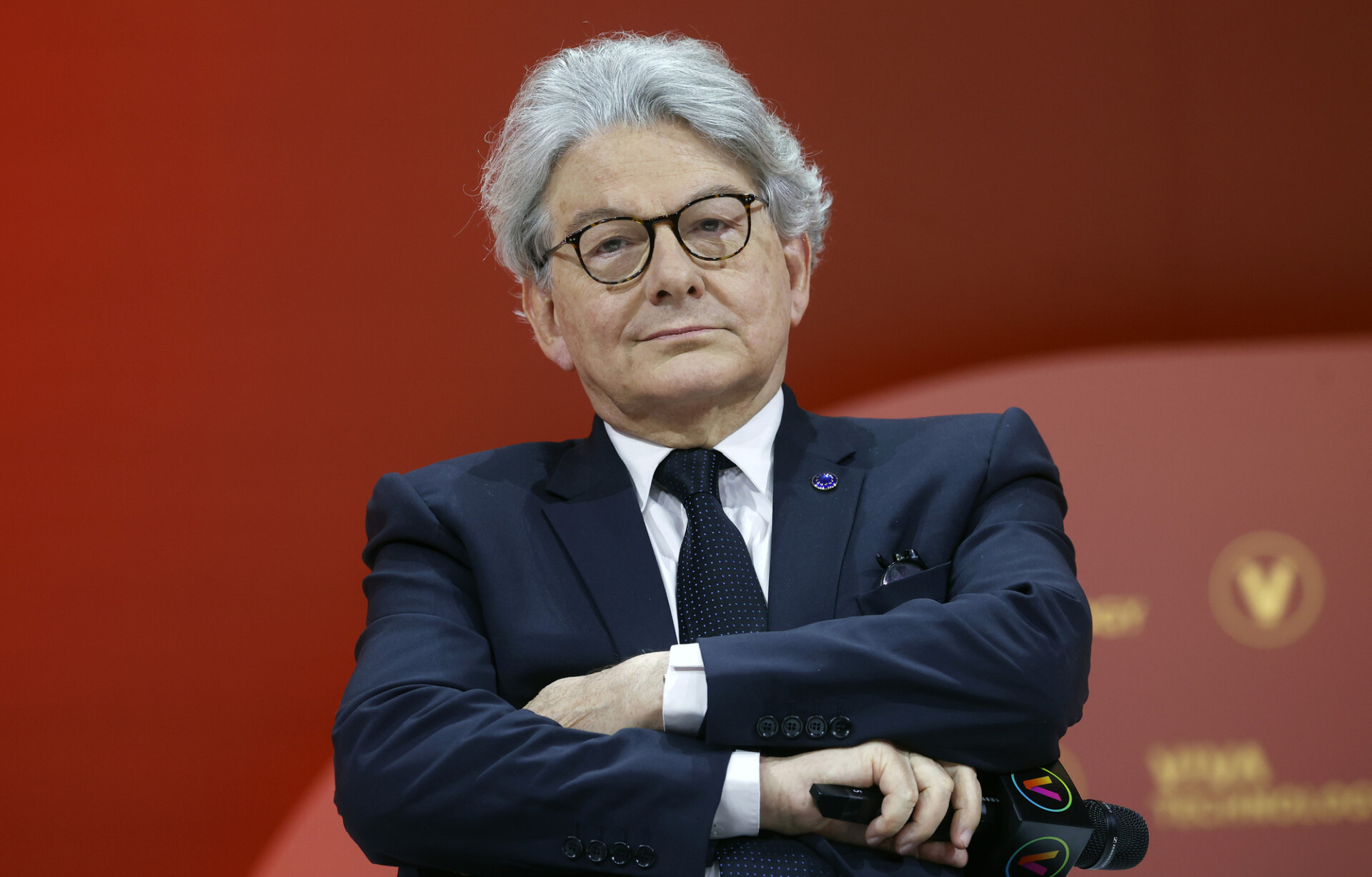Despite Thierry Breton’s grand vision of the EU as a regulatory empire capable of reining in Silicon Valley, his actual achievements tell a different story. In fact, much of Breton’s recent (and entirely symbolic) actions against Elon Musk — from which the European Commission has distanced itself — are largely for political purposes.
Breton has made no secret of the fact that his ambition is to head the European Commission, which has set him on a collision course with Ursula Von der Leyen. Indeed, his opposition to the latter’s candidate for the post overseeing small and medium-sized business policy was so vehement that the candidate himself resigned, claiming in an interview that Breton’s boycott would not allow him to properly perform his duties.
Elsewhere, Breton has tried to take credit where there is none to give. For example, the European Commissioner for Internal Market and Services claims that, alongside Macron and Charles Michel, he has built European strategic autonomy. He takes pride in imposing unanimous sanctions on Russia, although their effectiveness appears questionable given the economic resilience of Putin’s regime. He also touts re-industrialisation efforts, but as one pro-EU analyst noted, “the EU lacks the analytical capacity and political will to formulate meaningful industrial policy priorities; it does not have the regulatory tools to support selected industries; and it lacks the financial power to leverage the scale of the European market and achieve its goals without undermining fair competition”.
Energy independence is another area where success remains largely fictional. Across the continent, there is virtually no coordination. Consider, for instance, Germany’s energy shield protecting domestic companies from high costs, which sparked protests in France, or Berlin’s resistance to nuclear energy. Furthermore, the push for renewables is heavily reliant on Chinese supply chains.
In the realm of defence, where Breton claims strategic autonomy should fully manifest, the principle of “European preference” appears non-existent: member states continue to purchase weapons from the Americans, Israelis, or South Koreans. Joint defence projects, such as the European tank or fighter jet, struggle to take off, with losses only escalating. The European Defence Fund, touted as a significant achievement to support Ukraine, means little more than “creative accounting” — a relabeling of existing contributions.
Moreover, Breton’s political capital is further eroded by the dire situation of the company he once led as CEO. Atos, an IT firm that provides among others critical software for the French nuclear deterrent, is in a deplorable state and is set to be sold to a Czech billionaire. According to French media, poorly thought-out acquisitions and a lack of vision on Breton’s part — he reportedly didn’t believe cloud technology had a future — have contributed to the company’s downfall.
Breton is also a science fiction writer. In one of his novels, Softwar, he portrays a world where the fate of humanity is determined solely by Americans and Russians, with Europeans reduced to mere bystanders in their rivalry. Breton himself seems to embody the very type of European dignitary whose personal ambitions ensure that Europe remains on the sidelines.











Join the discussion
Join like minded readers that support our journalism by becoming a paid subscriber
To join the discussion in the comments, become a paid subscriber.
Join like minded readers that support our journalism, read unlimited articles and enjoy other subscriber-only benefits.
Subscribe